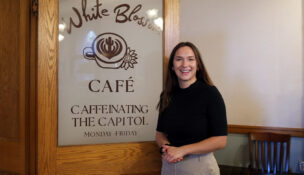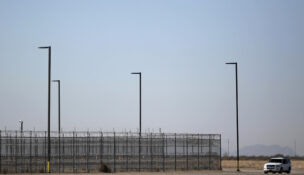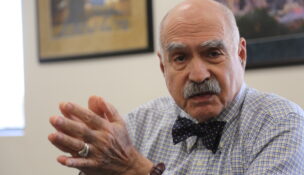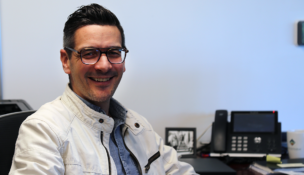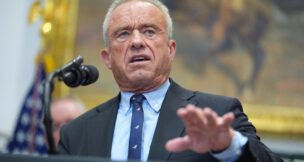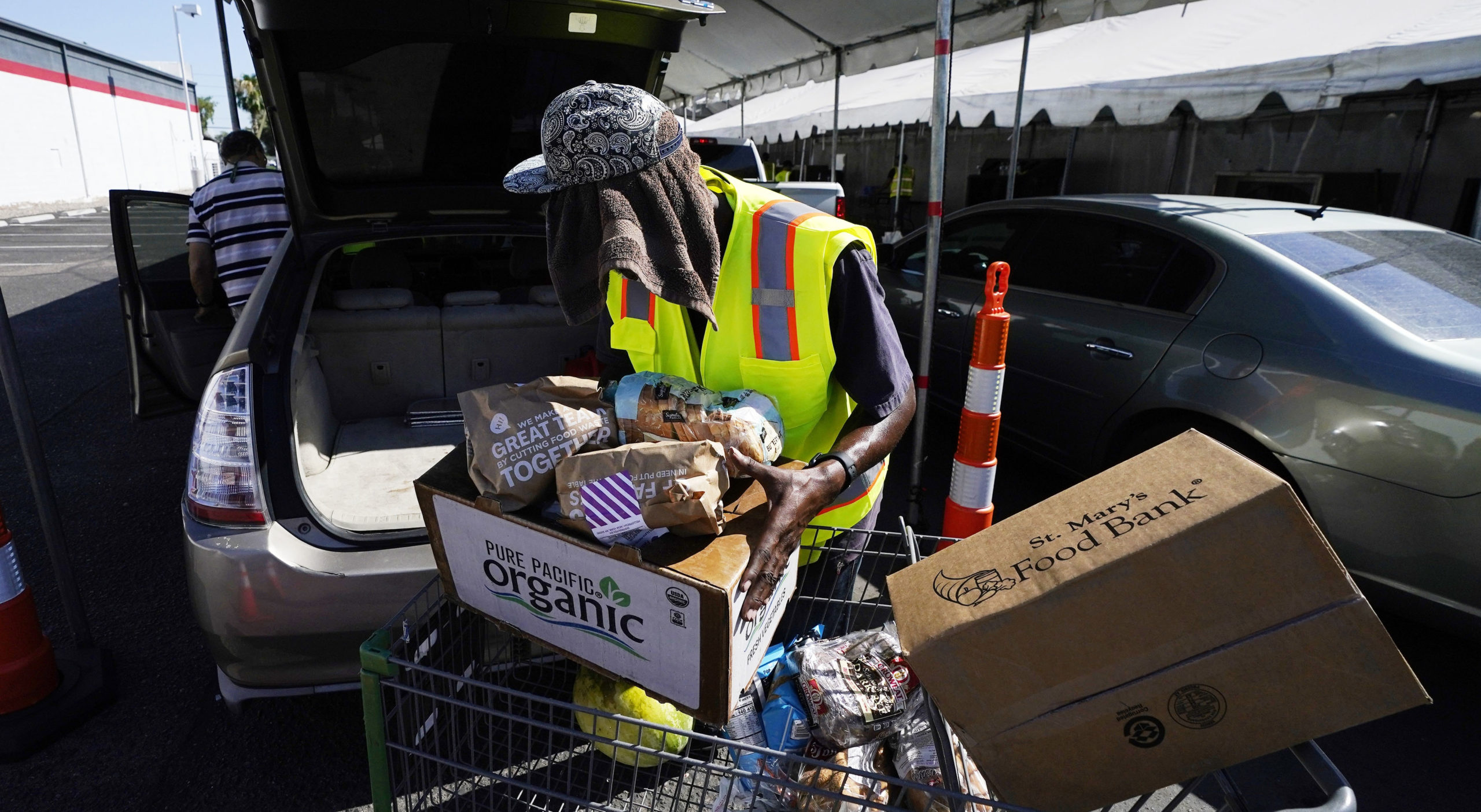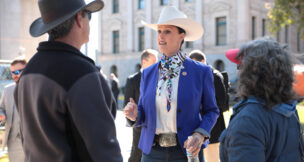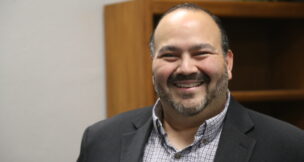Thomas disbarment hearing gains momentum: counter-charges of misconduct and ‘piling on’
Gary Grado//September 16, 2011//
Thomas disbarment hearing gains momentum: counter-charges of misconduct and ‘piling on’
Gary Grado//September 16, 2011//
[caption id="attachment_39341" align="alignleft" width="300" caption="The panel hearing the Thomas disbarment case, from left, Judge Bill O'Neil, Mark Sifferman and John Hall listen during the first day of the Arizona State...







